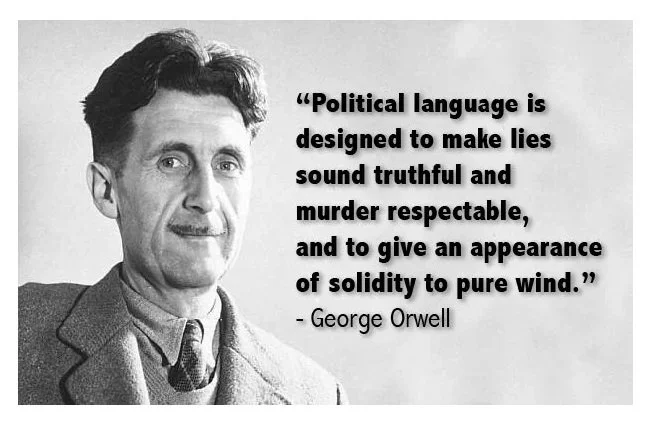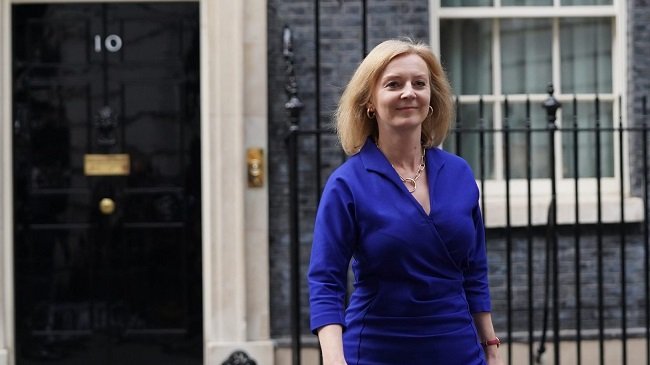Taxation and Wealth Distribution in the UK
There was a rather angry man on BBC Question Time on Thursday night who was somewhat upset over the tax proposals set out in the Labour Party manifesto. Labour intend to increase the higher rate of tax from 40% to 45% if they are elected. The person in question by their own admission earns £80,000 plus a year and he didn’t believe he was in the top 8% of UK earners. He therefore objected to the fact that under a Labour Government he would face a tax increase. Unfortunately this individual was mistaken. According to figures from HMRC, he is clearly one of 4.3 million people in the higher tax category. Perhaps what he found incongruous was the fact that he falls into a demographic that includes people on his salary all the way to multimillionaires. However, at a salary of over £80,000 a year, he is earning way above the UK average. I think this is what flummoxes people so much. There is an assumption that wealth is evenly distributed throughout the working age UK population and that any graph showing salaries is a gentle curve. Sadly, this is not the case as a little research will show.
First of all, here are the current UK Tax Rates for financial year 2019-20.
Personal allowance Up to £12,500 0%
Basic rate £12,501 to £50,000 20%
Higher rate £50,001 to £150,000 40%
Additional rate Over £150,001 45%
In 2018-19, an estimated 26.4 million individuals (82.4%) are Basic Rate taxpayers, 4.3 million individuals (13.8%) are Higher Rate taxpayers and 393,000 (1.3%) are Additional Rate taxpayers. That is a total of 31 million people paying taxes in the UK. However the working age population of the United Kingdom is 52 million. That means around 21 million people (43%) earn less than £12,500 a year and are below the Basic Rate tax threshold and therefore do not pay income tax. With these numbers in mind it then become very clear why the median annual income in the UK is £28,677 for full-time employees. There are many jobs that the public perceive as being well paid that in fact are not. Nurses, Policemen and Teachers are classic examples of public servants that fall into this category. The starting salary for all of these professions is between £22,000 and £24,000 per annum.
Once you start looking into subjects such as earnings, taxation and the distribution of wealth in the UK, it becomes very clear that there is a high level of economic inequality. One’s political perspective upon such matters is both personal and subjective but the facts are undeniable. Wealth in the UK remains primarily in the hands of the top 20% who have an income more than 12 times the amount earned by the poorest 20%. Those who are the least financially compensated for their work often find themselves having to supplement their income with such government benefits as Tax Credits. Sadly due to the increasing cost of living, especially with regard to rented accommodation, many families find themselves in poverty. Yet paradoxically the UK is sixth-largest national economy in the world measured by nominal gross domestic product (GDP), ninth largest by purchasing power parity (PPP), and twenty second largest by GDP per capita, comprising 3.3% of world GDP. It’s all very sobering and food for thought. Perhaps the irate man on BBC Question Time should reflect upon all this.




























